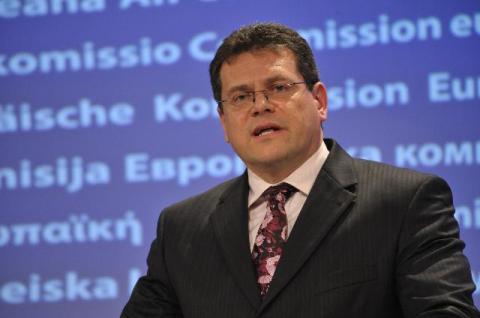The European Commission today announced that the EU-Institutions have reinforced their fight against cyber threats by establishing the EU's Computer Emergency Response Team, or CERT-EU, on a permanent basis.
This decision follows a successful one-year pilot for the team, which drew positive assessments from clients and peers. ENISA will continue its support to this effort.
In the Digital Agenda for Europe adopted in May 2010, the Commission pledged to establish a CERT for the EU institutions, as part of an overall commitment to a reinforced and high-level EU Networking and Information Security Policy in Europe. This has now been achieved. CERTs will also play a major role in a forthcoming Communication on cyber security strategy.
Background
The resources of CERT-EU are provided by the major EU-institutions and agencies, including the European Commission, the Council, the European Parliament, the Committee of the Regions and Economic and Social Committee, and the European Network and Information Security Agency (ENISA). The team operates under the strategic oversight of an inter-institutional Steering Board.
CERT-EU works very closely with the internal IT security teams of the EU institutions and liaises with the community of CERTs and IT security companies in the Member States and elsewhere, exchanging information on threats and how to handle them.
A Digital Agenda for Europe:
http://ec.europa.eu/information_society/digital-agenda/index_en.htm
CERT-EU:
For the full press release.
